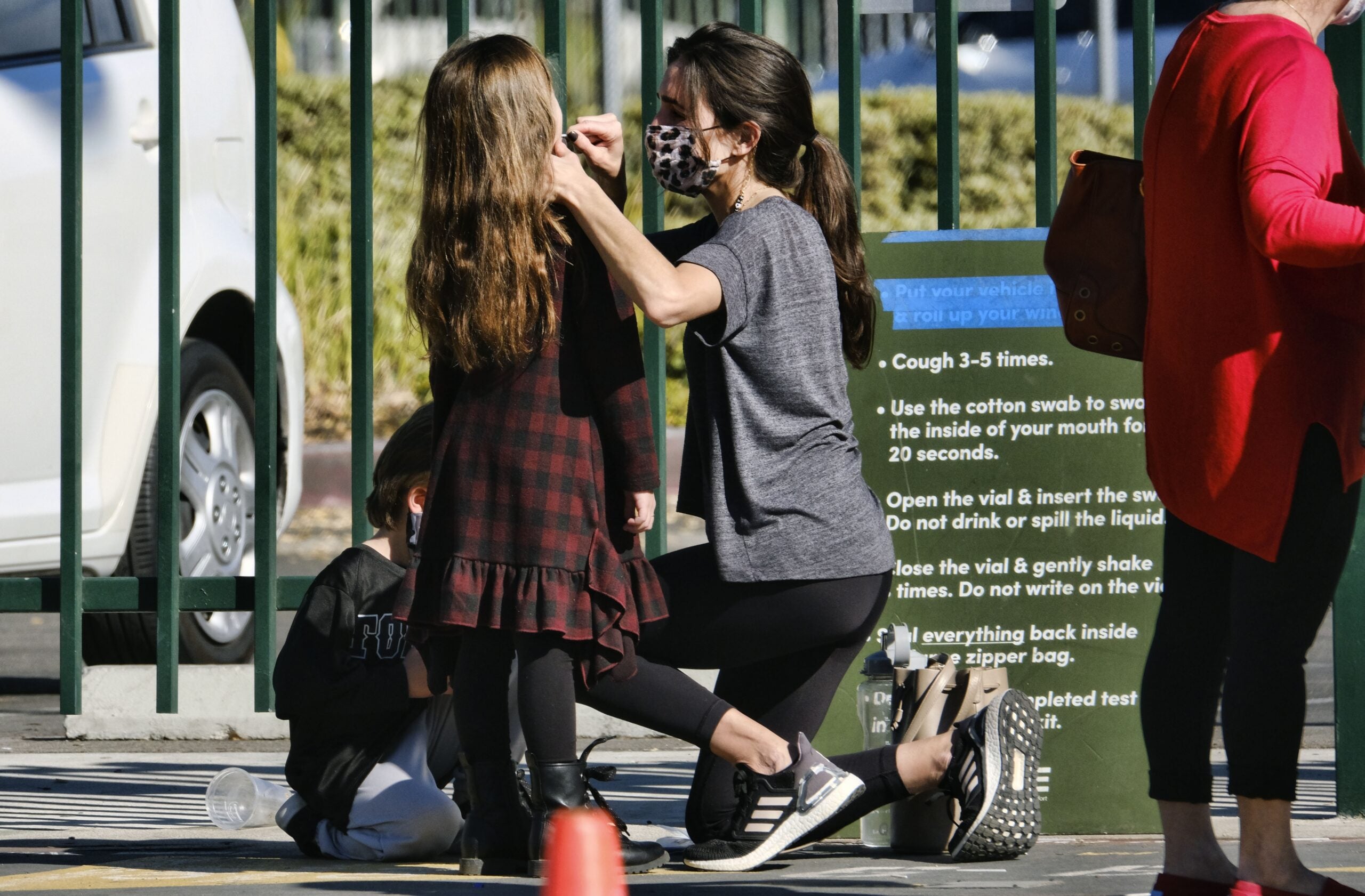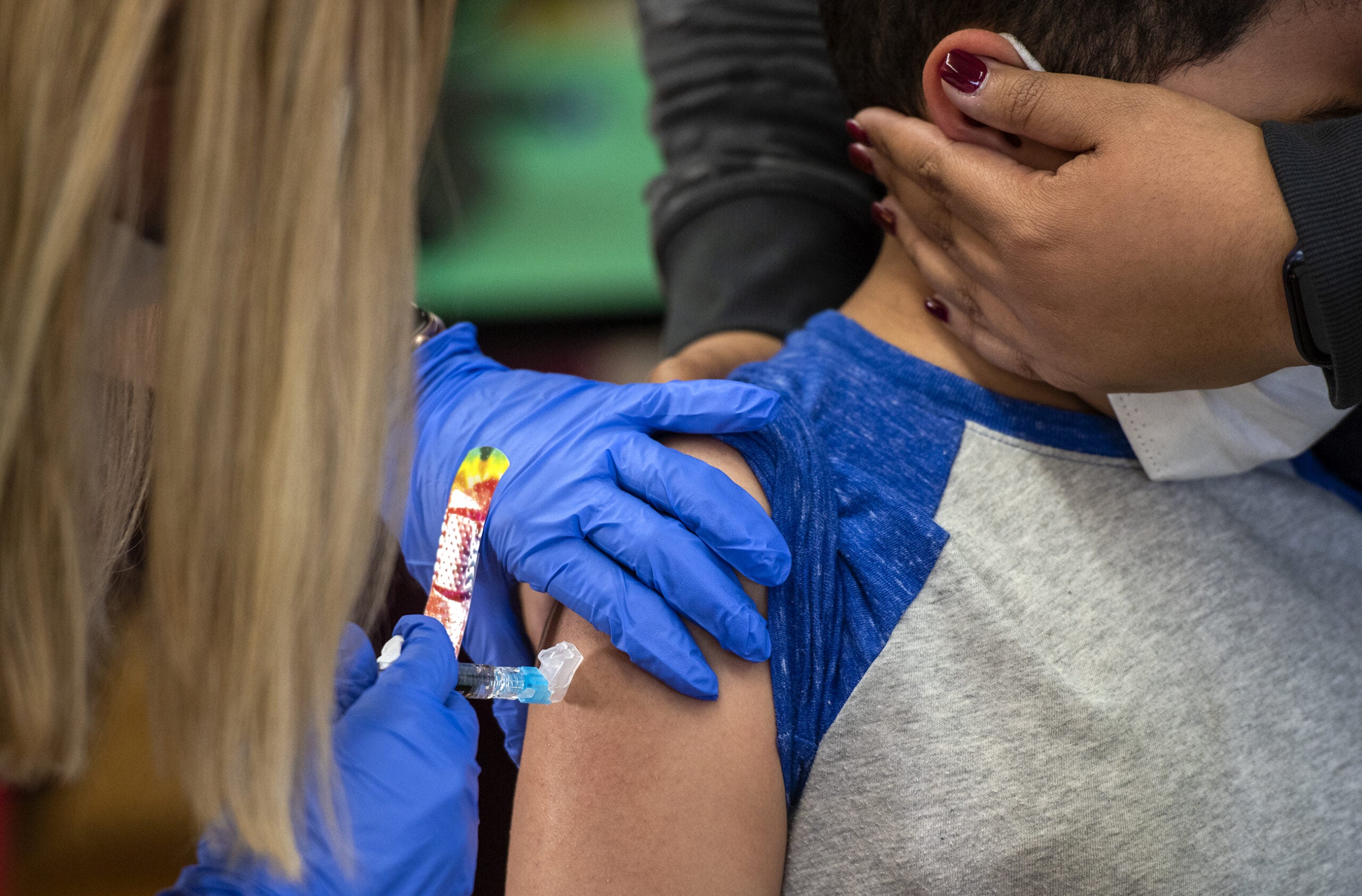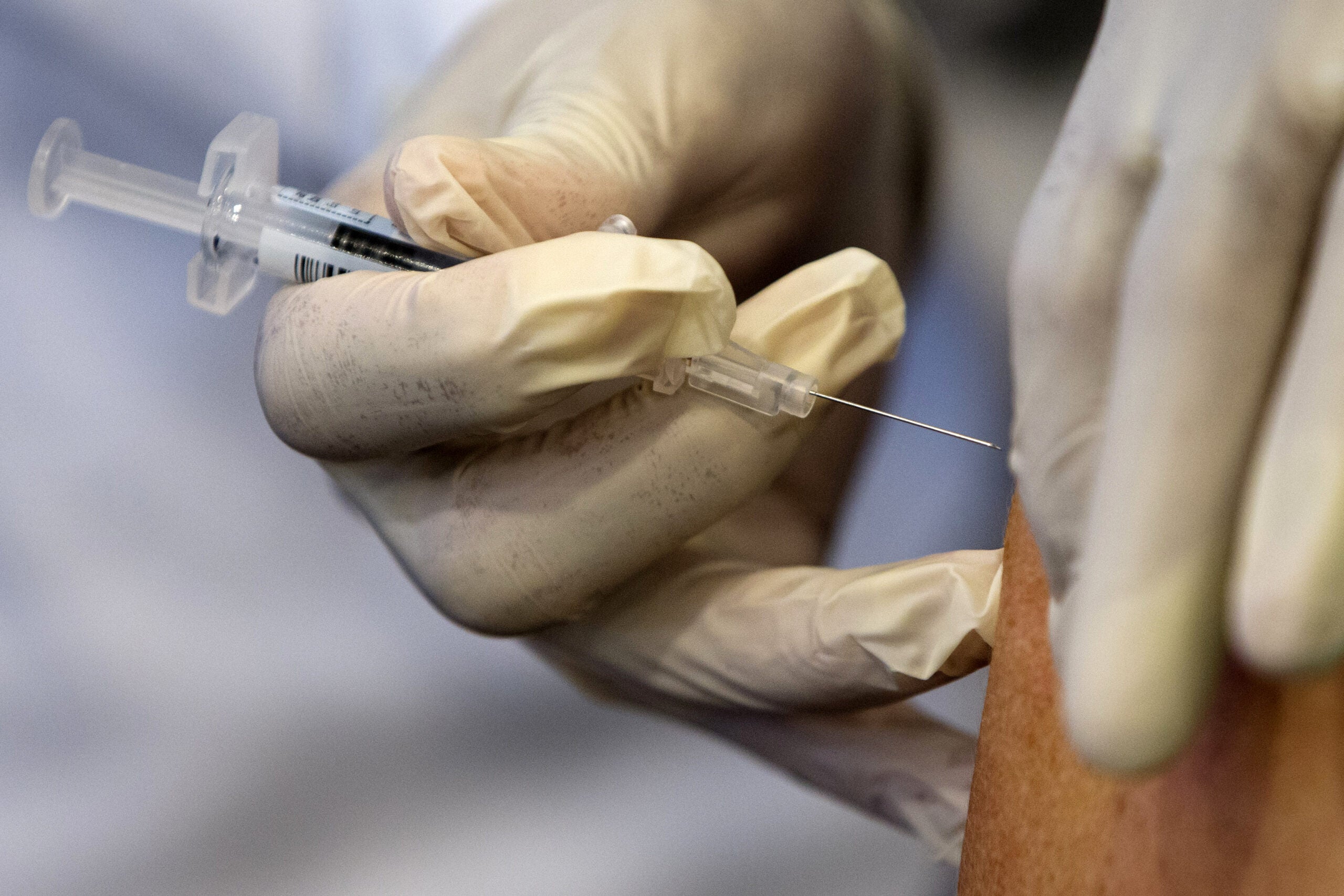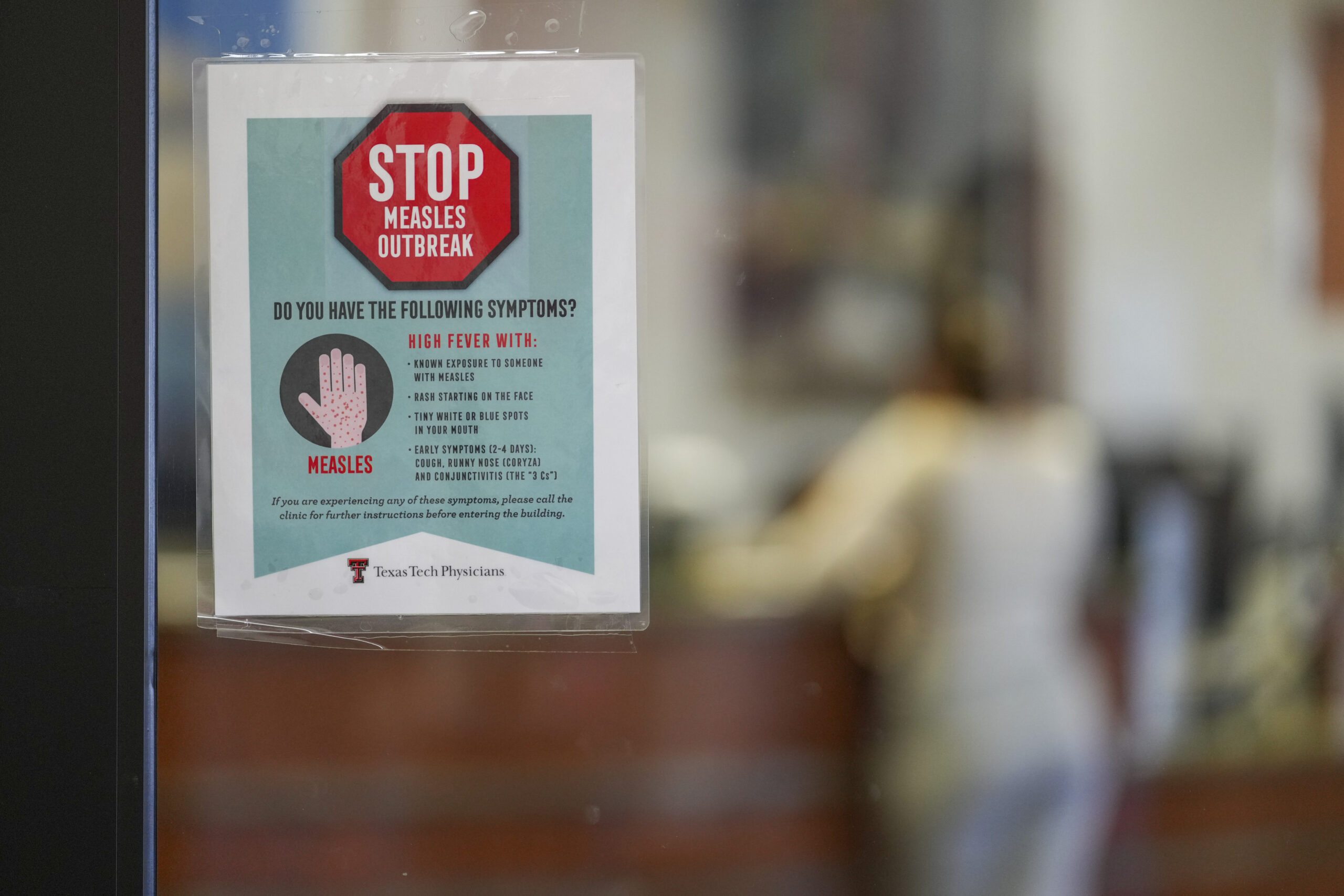Early in the pandemic relatively few children got sick. That’s changing as more cases of COVID-19 in Wisconsin are found in kids, most too young to be vaccinated against the disease.
More students are back to learning in person and are playing sports. Pediatricians, including Dr. Greg Demuri, fear resuming these activities could fuel outbreaks of COVID-19.
“That’s the concern that a lot of us have right now. We’re seeing some school districts make masking optional. We’re seeing a lot of sport and athletic events where masking and other mitigation measure are not being taken,” said Demuri, UW Health pediatric infectious disease specialist.
News with a little more humanity
WPR’s “Wisconsin Today” newsletter keeps you connected to the state you love without feeling overwhelmed. No paywall. No agenda. No corporate filter.
New and more infectious variants, such as the U.K. strain B.1.1.7, combined with fewer pandemic restrictions has led to new outbreaks among children. In the past few weeks, Wisconsin has seen more cases in individuals under 18 years old than any other age group.
While most children don’t get severely ill, more are requiring serious medical care.
Research released recently by the Journal of the American Medical Association shows 11 percent of young patients had to be hospitalized and nearly one-third of those needed intensive care.
Some of those infected will get a complication called multisystem inflammatory syndrome, or MIS-C. There have been 90 cases of the condition in Wisconsin since the pandemic began. The average age of those affected is 7 years old, according to state health data. Most of the cases occurred November through February, when the state experienced a surge of new COVID-19 cases.
The impact on children across the country and in Wisconsin has been uneven.
Nationwide, more than 60 percent of reported MIS-C cases have occurred in children who are Hispanic or Latino or non-Hispanic Black. In Wisconsin, more than 50 percent of MIS-C cases occur in racial and ethnic groups, despite communities of color representing less than 20 percent of the state population, according to the Wisconsin Department of Health Services website.
The complication from COVID-19 is rare and usually occurs two to four weeks after infection. State health officials are trying to remind parents and doctors of the condition as cases of COVID-19 rise among children, said Thomas Haupt, a research scientist DHS.
“We want people to report these cases as quickly as possible to us, so we can learn more about this in the future,” Haupt said. “I don’t think it’s going to go away.”
On Tuesday, Gov. Tony Evers and DHS announced it would be using $175 million in federal funding to support voluntary COVID-19 testing in schools.
“Testing has been, and will continue to be, a critical part of Wisconsin’s COVID-19 response,” said DHS Secretary Karen Timberlake in a statement. “This funding will allow us to implement a COVID-19 testing program for schools that supports the safety and wellbeing of teachers, staff members, and students throughout the state.”
Wisconsin Public Radio, © Copyright 2025, Board of Regents of the University of Wisconsin System and Wisconsin Educational Communications Board.







